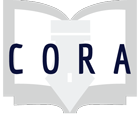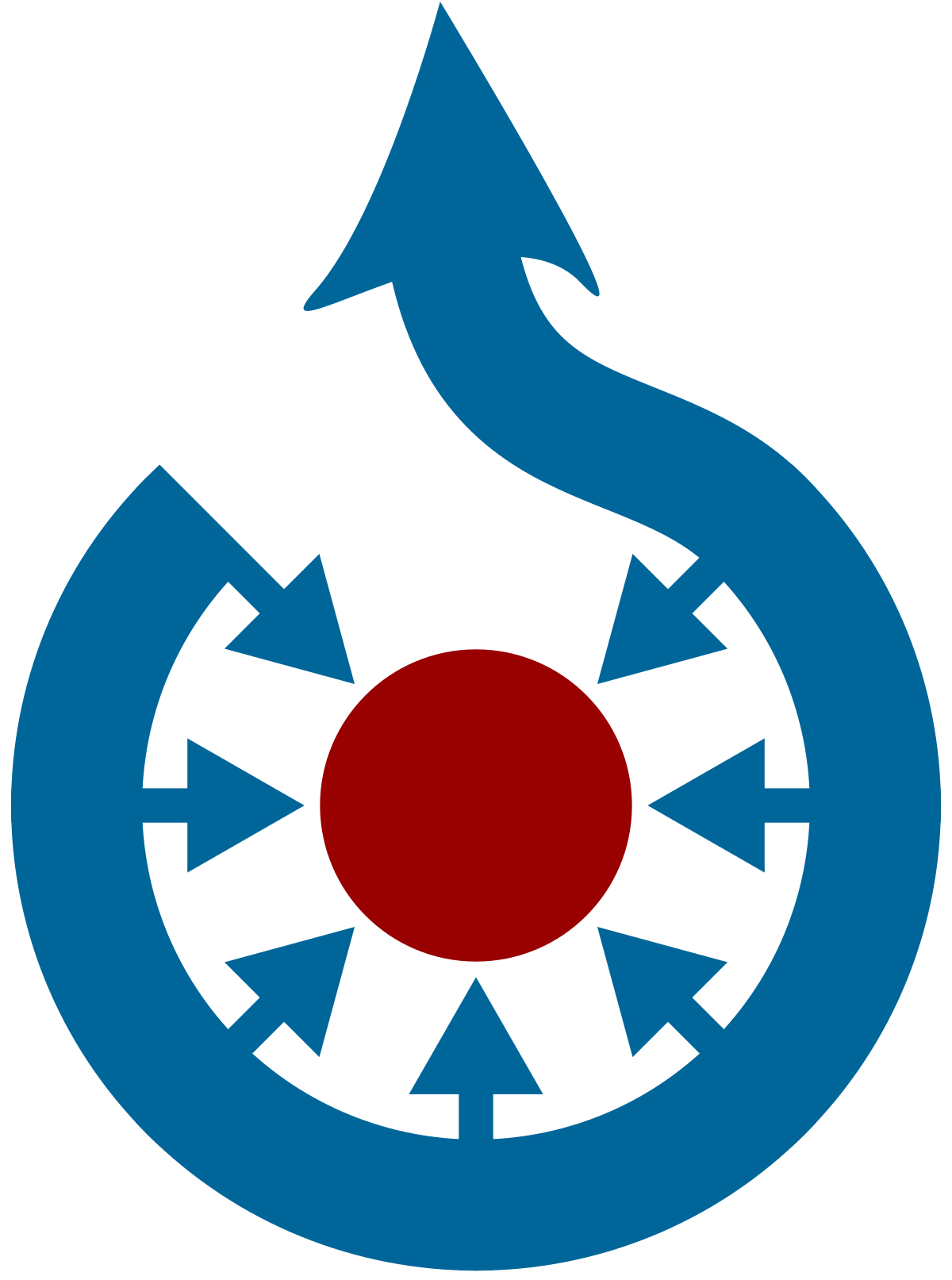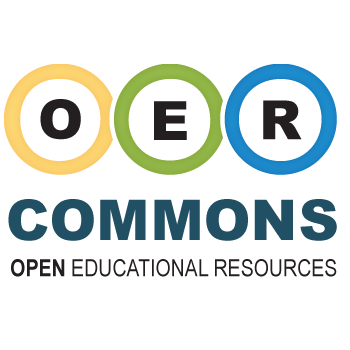Open Educational Resources (OER): Textbooks and More
Finding OER Material for Your Classes
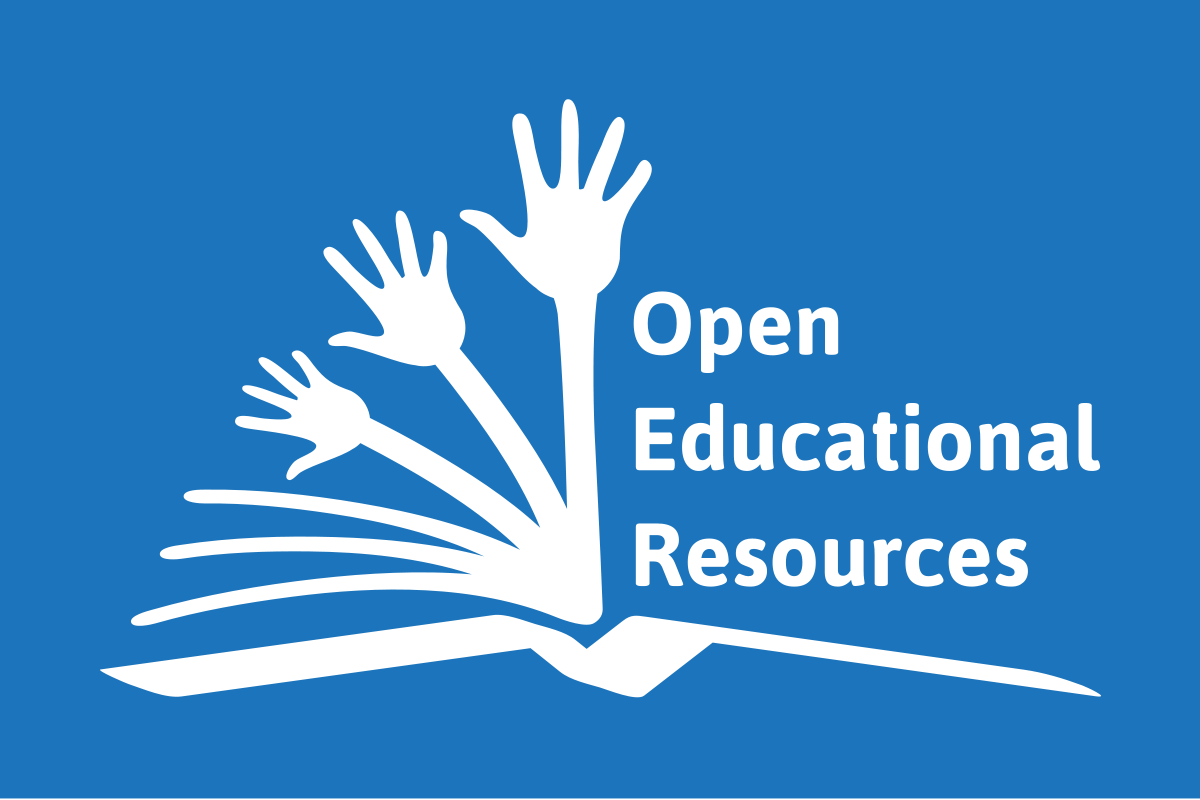
Open Education Resources Logo, by Jonathas Mello, used under Creative Commons Attribution 3.0 Unported
Ready to start looking for OER materials you can use for your class? On this page, you will find links to textbook repositories and other collections of OER resources.
There are three types of finding tools for OER mateials:
- Open repositories host OER content on their sites.
- Curated lists of OER materials bring together resources that meet determined criteria. They may represent materials approved by a specific institution, or materials on a specific topic.
- OER search engines are tools like Google, only they are restricted to searching collections of OER content.
Be sure to check out our subject/discipline-specific resources, as well. Need help searching? Ask a librarian!
Know about a resource we didn't include? Send us your suggestions, and we will add them to the guide.
Meta-Search Tools
Search across multiple platforms in a single search.
-
OasisProvided by SUNY Geneseo.
-
Mason OER Metafinder (MOM)Provided by George Mason University.
-
Directory of Open Access Books
 DOAB is a list of open access books from many sources. It can be searched or browsed by subject, publisher, language, and more.
DOAB is a list of open access books from many sources. It can be searched or browsed by subject, publisher, language, and more.
Resources from the Library
The eBook Collection
Not OER, but free to students! The library's e-book collections include a selection of textbooks, and many works of literature and culture that may be valuable resources for your classes. The number of simultaneous users is controlled by the publisher; for best results look for material with unlimited user access.
Magazines from the Libraries
-
eZines for Contemporary Essays and NewsMagazines with substantial, but not scholarly content, from the library's online databases. Arranged by broad subject area. You can browse by date to identify current readings for your classes. Looking for a specific essay? Ask the librarians.
Also includes a list of print periodicals available in the Atlantic Cape libraries.
Assignments
Scholarly Books and Literature
-
Luminos
 The OER branch of the University of California Press.
The OER branch of the University of California Press. -
Project Gutenberg
 Most of the content in Project Gutenberg is in the public domain. Be aware that, in the early stages of this project, all material was transcribed by volunteers. Can texts for errors in transcription before assigning for close reading.
Most of the content in Project Gutenberg is in the public domain. Be aware that, in the early stages of this project, all material was transcribed by volunteers. Can texts for errors in transcription before assigning for close reading. -
University of Pittsburgh Digital EditionsOut-of-print monographs published by the University of Pittsburgh Press between 1938 and 2004.
-
Bloomsbury Open Access
 Bloomsbury is an academic press that is offering some of their publications as open access.
Bloomsbury is an academic press that is offering some of their publications as open access. -
Digital Culture BooksDigitalculturebooks is an imprint of the University of Michigan Press dedicated to publishing innovative work in new media studies and digital humanities. Titles are typically produced under an Attribution-Noncommercial-No Derivative Works 3.0 Creative Commons (CC) License.
-
Berghahn Open AccessBerghahn Press offers open access to selected digital books and journals.
-
JSTOR Open AccessJSTOR offers access to over 6500 scholarly open access books from reputable presses.
-
Open Square (NYU Press)NYU Press offers open access to a selection of scholarly works from its catalog.
Find Images
-
Metropolitan Museum of Art
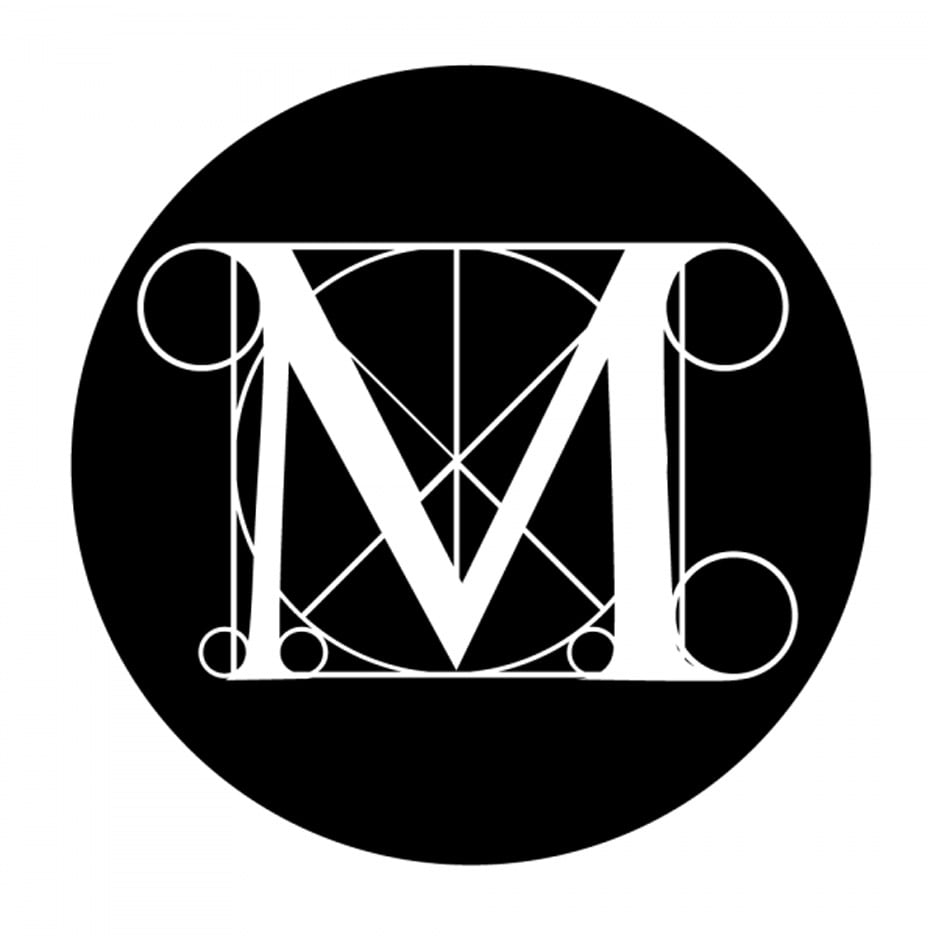 Explore more than 406,000 hi-res images of public-domain works from the The Met collection, all of which can be downloaded, shared, and remixed without restriction.
Explore more than 406,000 hi-res images of public-domain works from the The Met collection, all of which can be downloaded, shared, and remixed without restriction. -
Los Angeles County Museum of ArtUse the Public Domain filter for copyright-free images.
-
The Noun ProjectIcons for everything.
-
Free Plus-Size Stock Photos The Home CollectionThese photos are available for all uses and feature plus-size people at home.
-
clker
 Free clip art.
Free clip art. -
Disabled And Here CollectionThis collection is a disability-led effort to provide free and inclusive stock photos shot from our own perspective, featuring disabled BIPOC (Black, Indigenous, People of Color) across the Pacific Northwest.
Textbook Collections
Repositories
-
OpenStax
 OpenStax is part of Rice University.
OpenStax is part of Rice University.
Curated Lists
-
Cool4EdFrom California State University. Enter the ISBN of a textbook you are using to find similar OER material.
-
Open NJ
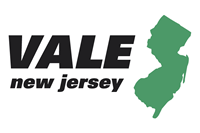 Resources suggested by other NJ colleges and universities.
Resources suggested by other NJ colleges and universities. -
Michigan Colleges Online
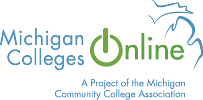 Resources collected or used by community colleges in Michigan.
Resources collected or used by community colleges in Michigan. -
Galileo Open TextbooksTextbooks from the Affordable Learning Georgia initiative.
-
Humboldt State UniversityThis link is to Humboldt State University's library subject guide for OER resources. It includes cu7rated lists of resources by discipline. Some may be specific to Humboldt University, and not all the sites that are included are open-access. Checking licenses is important.
Not Just Textbooks
These repositories offer access to many types of learning materials.
-
Google Advanced SearchScroll down to Usage Rights, and choose the desired model.
-
Skills CommonsFor technical and career education
Primary Sources
-
New York Public Library Digital CollectionsTo search for open access items, add search terms to the text box, then select the option to search only public domain materials.
Find Media
-
C-Span Video Library 1987-2017
 C-SPAN is proudly marking the 30-year anniversary of the C-SPAN Video Library. Since September 1987, we have been preserving all our programming in its entirety for viewing, research, and education. This online archive now contains more than 230,000 hours of easily searchable public affairs video, freely available as a public service of C-SPAN's cable and satellite television affiliates.
C-SPAN is proudly marking the 30-year anniversary of the C-SPAN Video Library. Since September 1987, we have been preserving all our programming in its entirety for viewing, research, and education. This online archive now contains more than 230,000 hours of easily searchable public affairs video, freely available as a public service of C-SPAN's cable and satellite television affiliates. -
YouTubeStart a search, then use the Filter function to limit to material with a creative commons license.
-
Library of Congress National Screening RoomThe National Screening Room showcases the riches of the Library’s vast moving image collection, designed to make otherwise unavailable movies, both copyrighted and in the public domain, freely accessible to the viewers worldwide.
-
Open CultureIncludes classics, indies, film noir, documentaries and other films,
Credits
This guide was developed by Leslie Murtha, Robert Mast, Amanda Carey, Janet Hauge, and Mike Sargente, Atlantic Cape Community College Libraries.
Published June 2020.




